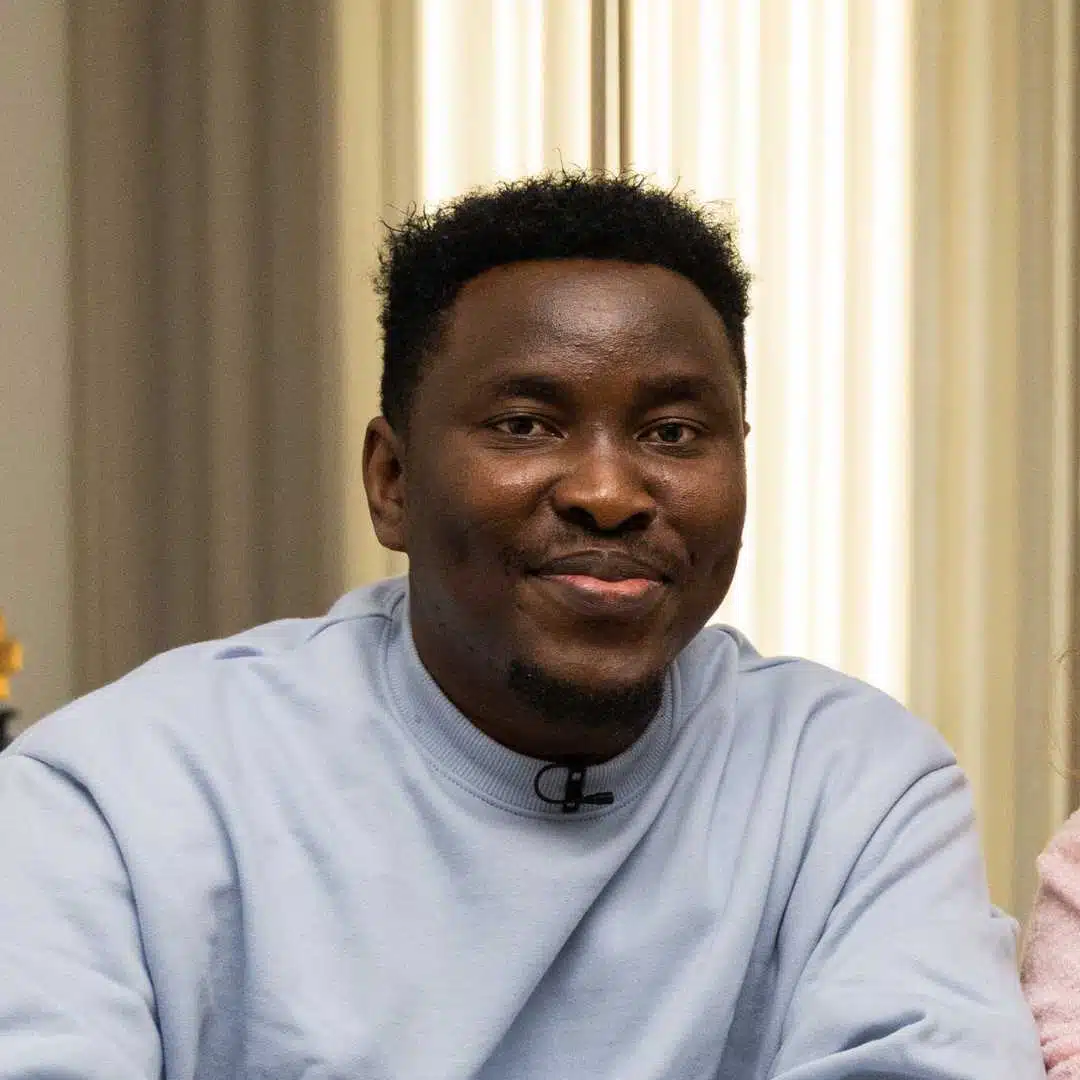
Brooke Greenberg may look like an infant, but she is actually 20 years old. Despite her increasing age, Brooke has remained physically and cognitively similar to a toddler, with an estimated mental age of nine months to one year. Appearing on Katie with her parents and 17-year-old sister, Brooke, who is from Maryland, is unable to talk, still has her baby teeth and like any infant, travels in a push chair – but doctors have never been able to explain why. Her father, Howard Greenberg, explained: ‘From age one to four, Brooke changed. She got a little bit bigger. But age four, four to five, she stopped.’

She has been examined by some of the most prestigious medical institutions in the U.S., however no formal diagnosis for Brooke’s condition has been given, leading doctors to term her condition Syndrome X. Dr Eric Schadt, director of the Icahn Institute for Genomics and Multiscale Biology at The Mount Sinai Medical Center in New York, explained that she has ‘no apparent abnormalities in her endocrine system, no gross chromosomal abnormalities, or any of the other disruptions known to occur in humans that can cause developmental issues.’ Brooke, who has stayed the same size for 15 years, requires 24-hour care from her parents.

She is fed through a tube inserted into her stomach, because her oesophagus is so small that swallowed food could back up into her lungs and cause pneumonia. Her mother, Melanie Greenberg, said: ‘It’s been 16 years of on the job training, giving her medicine, knowing when she’s sick, knowing the right amount.’Mr Greenberg added: ‘The key with Brooke is we don’t know what tomorrow brings.’ Scientists believe her unique genetic code could provide a fresh insight into the process of aging, leading to the development of new treatments for diseases related to old age, such as Parkinson’s.

Tests have shown that Brooke, who was born in 1993, may suffer from a gene mutation that switches off her ability to mature. Dr Schadt is in the process of sequencing Brooke’s genome, which is comprised of two long strings of letters, one from the mother and one from the father. Each string is three billion letters long, and changes in just one of these letters can lead to profound effects on development, physical appearance, and risk of disease.
























